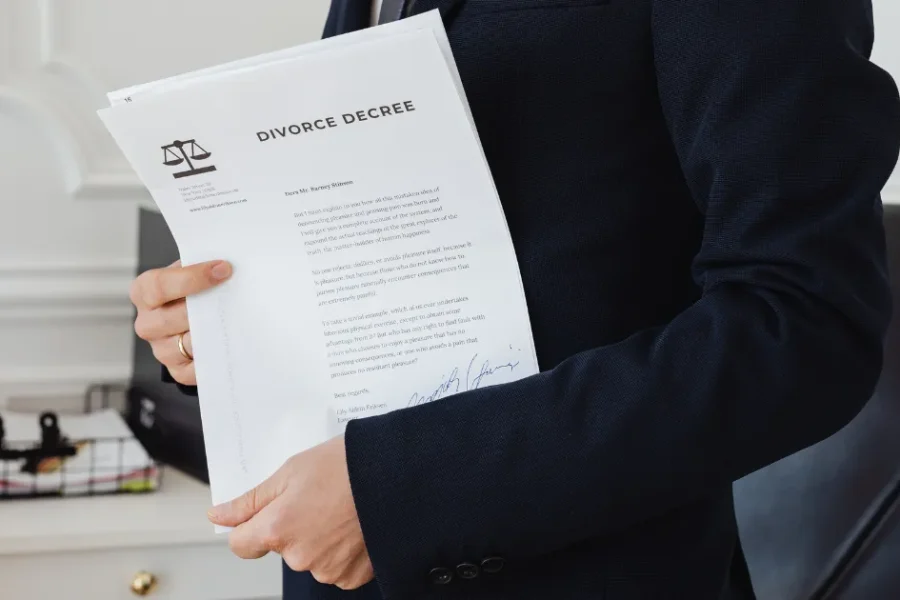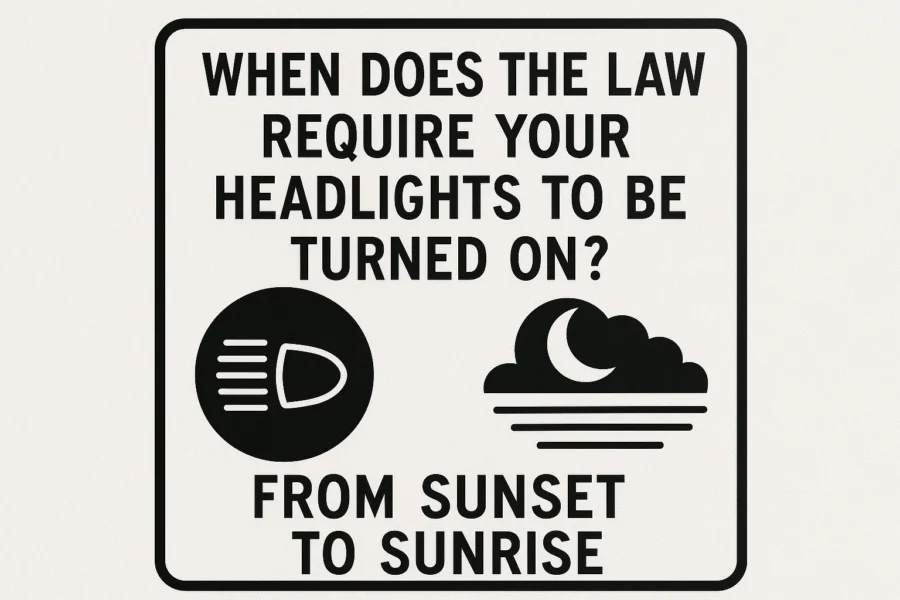Table of Contents
Sometimes, we hear others refer to it as “possession is 9/10 of the law.” Immediately, one may ask about ownership and rights. Kind of like, ‘what does “possession is 9/10 of the law” really mean, what are its origins,’ and ‘in what cases does it not apply to modern law’ all in simple terms with some quick real-world examples (property, adverse possession, lost/stolen items, digital assets) and even a myth-vs-law section. ‘
Possession is 9/10 of the law’ is the meaning of a strong presumption of ownership for those who hold property. It comes from ancient legal ideas. Yet it’s not really a strict rule today.
What Does Possession Is 9/10 of the Law Mean?

The phrase is one we hear in everyday speech about property. It means possession gives a big edge in claims. More often than not, the holder wins disputes. In property law, actual physical control creates a presumption of ownership, which is of course a rebuttable presumption. And very clear proof is necessary to rebut it.
He who has the property “possesses nine-tenths of the law,” as directly quoted from Priest and Klein’s Law and the Web of Society, which describes this advantage relating to real estate matters; and items in one word
Origins of the Phrase Possession Is 9/10 of the Law
It goes all the way back to Ancient Rome, 169 years before Christ. Roman practice uti possidetis favors current possession by the defendant. The house will be awarded unless there has been force or fraud proved against the present occupant. A similar rule, utrubi, relates to personal chattels.
These were interim judgments. They preserved the status quo. By the 16th century, it was articulate. It expressed the equity of the law in requiring title to possession meeting most of its requisites. Thomas Draxe made the record in 1616. He wrote “possession is nine points of the Law.” It meant to say that it satisfied nine out of eleven proofs of ownership. In 1697, a Scottish proverb came up. Colley Cibber’s play noted “Possession is eleven points in the law, and they say there are but twelve.” This went on to influence the modern version.
British laws carried these concepts into the American colonies in the 1700s. They molded early property rules of the United States. Roman doctrines formed the base. By the 1800s, the phrase took its present form. “Possession is nine-tenths of the law” became common. It summed up the possession edge. In settling the American West, it helped settlement.
Squatter’s rights depended on this principle. By using land, possessors gained title to land. Albert M. Martin put it down in 1882. He emphasized in The Chautauquan, “Title strength of your own and not weakness of a supposed adversary.” It was applied in the Hatfield-McCoy feud. Since the testimony was even, Floyd Hatfield got to keep the pig. Possession had tipped the scale. It is generally an idiom, not a law. It serves to indicate the power that possession has over matters but evidence is required by courts.
Possession Is 9/10 of the Law in Property Law
Under property law, possession creates a very strong claim. The presumption is that the holder is the owner. This allows for decisions made with dispatch. For real property, adverse possession is applied. If someone uses land openly for years, they may gain title. Consider a fence dispute.
If Neighbor A possesses land beyond the line, after time has passed, A now owns it. Possession proves the claim. Lost items are governed by similar rules. The finder has possession of them. The original owner must prove title. Stolen goods are different. Thief’s possession means nothing. With proof, the true owner gets it back.
When Possession Is 9/10 of the Law Does Not Apply

The phrase finds some limitation in modern law. In clear cases of theft, it does not apply. The courts are bound to return the property to its real owner. In criminal law, possession is nine points of indictment against the accused. It makes a charge stick on him for holding drugs. It works against him.
Colorado has statutes that define possession crimes very strictly. There are penalties for having controlled substances. They depend on their type and quantity. It is illegal to be in possession of stolen property. Even if unaware, forfeit it. Knowledge increases the charges. If someone who’s already been convicted is caught with a weapon, it’s a serious crime like a Class 6 felony.
Guns kids under 18 can’t have. This law keeps public safety intact. Break it, add charges. Special offender status lifts drug sentences. From months to years and years. Factors in both amount and arms. Making or selling sets it off.
Big amounts like 7 grams of meth. Deadly weapons in on it. Minors or schools close by make it worse. Prior convictions do too. Income from drugs seals it. The other tenth is constitutional rights. An illegal search bars evidence. Most of the time, the charges are dropped since the police messed up-in this case, beating the presumption of possession. Rights are the other tenth; they outweigh nine-tenths.
Types of Possession in Modern Law
Laws clearly define the types of possession. Possession, in fact, means on your body. Such as in a pocket. Constructive possession is control. Something in your car glove box. You know it’s there. Criminal possession of certain items is banned.
Drugs, weapons, stolen property. Knowledge is the key factor. Joint possession is sharing control. Drugs found in a shared home. All are liable to be charged. These affect cases. Proof changes with each type. Facts get examined by courts.
Real-World Examples of Possession Is 9/10 of the Law
Property disputes show the phrase in action. A renter stays past lease. Possession favors them short-term.
Adverse possession example: Farmer uses unused field. After 10-20 years, owns it. Continuous use proves.
Lost items: You find a watch. Possession is yours until claimed. Owner needs proof.
Stolen bike: Thief sells it. Buyer possesses innocently. But owner reclaims.
Digital assets: NFT in your wallet. Possession via private key. Disputes rare but growing.
These examples clarify the meaning. Possession helps but not always. Context matters.
Myth vs. Law: Debunking Common Misconceptions
Many myths surround the phrase. We debunk them here.
Myth: It’s a literal law. Law: It’s an idiom, not statute. Courts use presumptions.
Myth: Possession always wins. Law: Rebuttable with evidence. Theft cases overturn it.
Myth: Applies only to land. Law: Covers movables and digital too. Broad use.
Myth: Criminal possession helps. Law: It leads to convictions. Disadvantage for accused.
Myth: No defenses exist. Law: Lack of knowledge works. Illegal searches too.
These clear up confusion. The possession is 9/10 of the law meaning is nuanced.
Defenses Against Possession Charges
Defenses can beat charges. No actual possession; if the item is not on you. Without constructive possession, there is neither control nor knowledge that would prove innocence. Item not unlawful; Prescribed meaning of the drug clears the case.
Constitutional Violations; The police performed a lousy search. Evidence thrown out. Law firms help with these. Gerash and Steiner consultations available. Skill rated very high. Lux Law Firm also defends. Strategies are emphasized by Wolf Law. Cases are handled by M. Colin Bresee. Mark Broughton out of Fresno helps. Legal assistance increases the odds. Advocacy matters.
Possession Laws in Colorado

Rules in Colorado are very strict. Simple possession of controlled substances like cocaine, heroin, and LSD. penalties by schedule. More schedules, harsher Vary by amount. Possession of Stolen Property. Knowledge that it’s stolen; forfeit if not. POWPO: bans guns for felons or probationers or court orders.
Usual is class 6 felony. 12-18 months in prison Big fines. Special offender for drugs. Up to 8-32 years Many triggers. These laws really highlight how important possession is, especially in a criminal context where you have to be extra careful with how things are
The Role of Legal Representation
Practical experience was provided throughout the proceedings which the accused and the lawyer assigned to him discussed. Free consultations are usually available and cases are discussed. Gerash Steiner is a 5.0 AV rated ethical and skilled practitioner with a proven track. Others Lux, Wolf, Bresee, Broughton. All experienced. Defenses will include a lack of knowledge and rights violations. This levels the playing field against Possumguilty’s presumption and makes success possible.
Closing Words
We checked out the possession is 9/10 of the law meaning from origins to modern use. It gives holders an edge. But limits exist. In crimes and rebuttals. Examples show real impacts. Understanding this phrase quite well. It helps in disputes. Seeking legal help when needed..
FAQs
What is the origin of possession is 9/10 of the law?
It comes from ancient Rome and Scottish proverbs. Documented in 1616 by Thomas Draxe.
Does possession is 9/10 of the law apply to stolen items?
No, true owners can reclaim. Possession does not override theft proof.
What are types of possession in law?
Actual, constructive, criminal, joint. Each has specific definitions.
When does possession is 9/10 of the law not apply?
In criminal cases, it hurts. Or with strong evidence against.
What defenses work for possession charges?
Lack of knowledge, no control. Illegal searches too.






